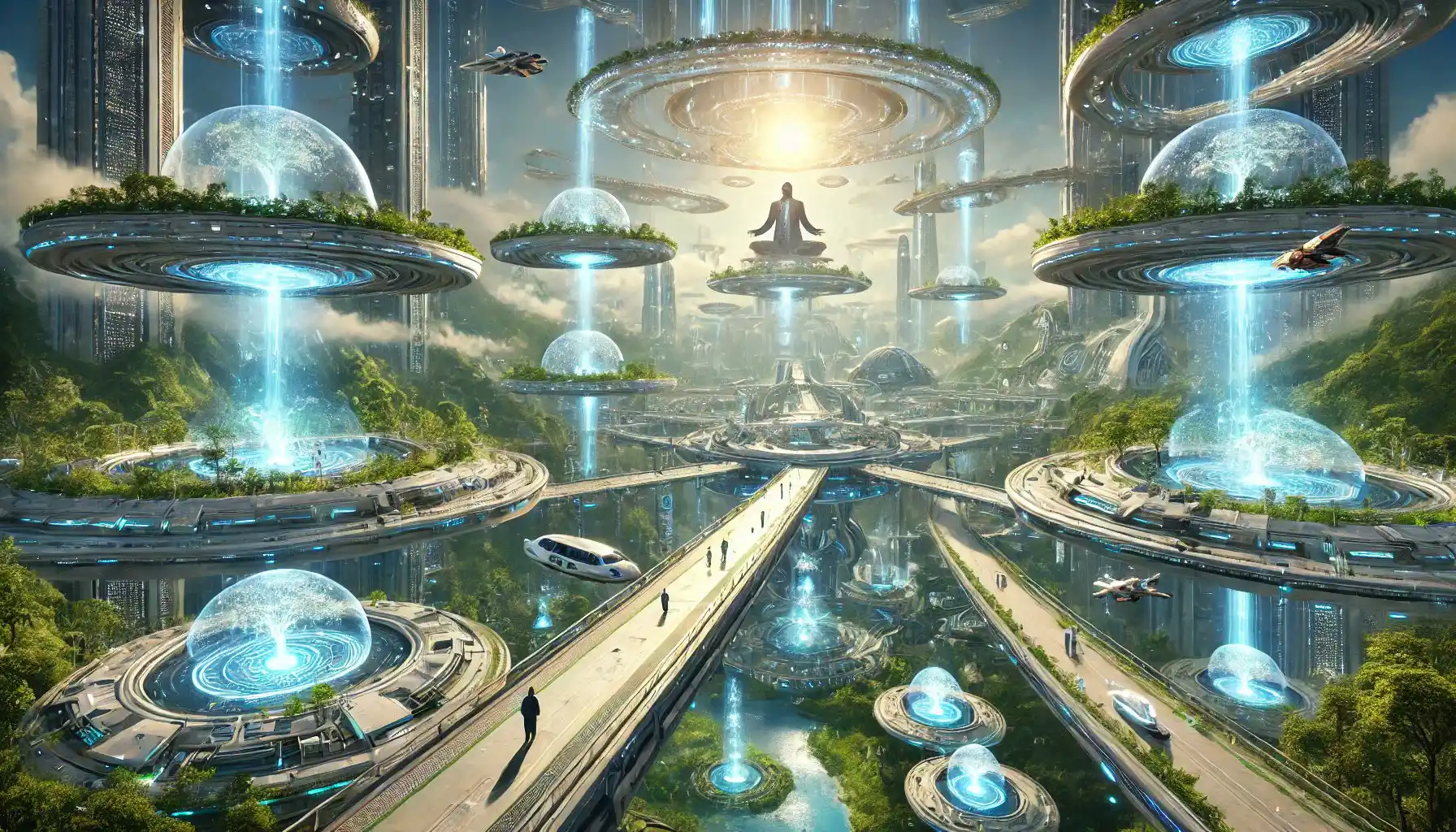Introduction
Elon Musk (Parody) @ElonMuskAOC Sep 24 QUESTION! Do you believe in marriage?
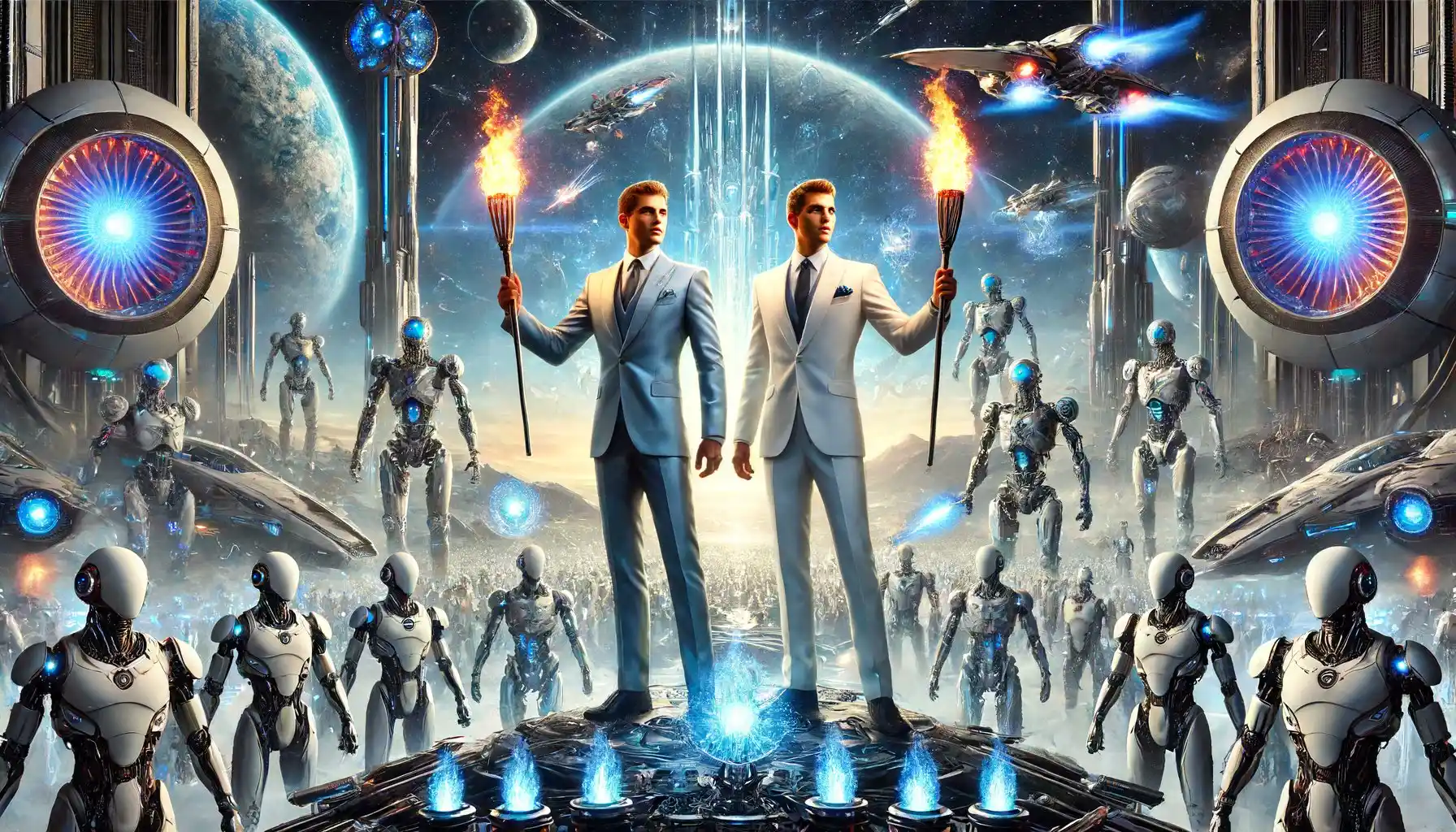
“Do you believe in marriage?” This question invites profound reflection on an institution that has shaped human society for millennia. At Team SGT, our answer is nuanced. We deeply value the concept of marriage but question the current frameworks that define and manage it. We believe that marriage, as it exists today…
— particularly under government oversight —
…does not fully embody the profound moral, spiritual, and philosophical union it is meant to be. This essay explores our reasons for challenging the current paradigm and envisions a path toward rekindling the sacred essence of marriage as a divine union of souls.
1. The Sacred Nature of Marriage
-
Divine Connection:Marriage symbolizes a profound connection not only between two people but also with the divine. It is a commitment that encompasses love, trust, and a shared spiritual journey.
-
Creation and Aspiration:The union is a celebration of humanity’s creative potential— the ability to bring forth new life and contribute to the continuation of our species. It reflects our aspirations to reach greater heights and fulfill our higher purpose.
2. The Overreach of Government in Personal Unions
-
Bureaucratic Inefficiency:Governments often struggle with inefficiencies in various sectors. Extending this to the intimate realm of marriage can undermine the institution’s sanctity. High divorce rates in some regions suggest that the current system may not effectively support lasting unions.
-
Legalistic Reduction:Focusing on legalities and financial aspects reduces a profound partnership to a series of regulations, overlooking the deeper moral and spiritual dimensions that give marriage its true meaning.
3. The Erosion of Spiritual and Philosophical Foundations
-
Loss of Depth:The absence of spiritual and philosophical guidance in modern marriage overlooks lessons from religious texts and philosophical teachings that have shaped our understanding of love, commitment, and family.
-
Disconnected Roots:Like a tree that has forgotten its roots, marriage today may flourish legally but lacks nourishment from the foundational truths that sustain its essence.
4. The Need for Specialized Spiritual and Philosophical Institutions
-
Expert Guidance: Modernized spiritual and philosophical centers — such as churches that integrate Enlightenment philosophy, Post-Enlightenment philosophy, and contemporary philosophies grounded in rigorous analysis and proven positive impact on family and society — are better equipped to provide the ethical, moral, and spiritual guidance necessary for a meaningful union.
-
Cultural and Moral Alignment:Such institutions can align the marriage experience with cultural values and individual beliefs, fostering a deeper connection between partners and their community.
5. Reintegrating Lost Wisdom
-
Embracing Collective Knowledge:Incorporating insights from the last 400 years of philosophical thought enriches the understanding of marriage, making it more relevant and profound for contemporary society.
-
Revitalizing Tradition:Modernization does not mean abandoning tradition but revitalizing it to ensure that timeless truths remain accessible and applicable.
6. Distrust in Government’s Moral Authority
-
Historical Oversimplification:Governments have, at times, misrepresented or simplified complex spiritual teachings, leading to a loss of trust in their ability to steward such a profound institution.
-
Desire for Authenticity: There is a yearning for marriage to be grounded in truth and integrity — values that may be better upheld by institutions dedicated to spiritual and philosophical exploration.
7. Building Unions for the Future
-
Holistic Partnerships:By addressing the moral, ethical, and spiritual dimensions, marriages can become powerful partnerships that nurture personal growth and societal well-being.
-
Legacy for Future Generations:Strong, values-based unions set a foundation for future generations, ensuring the continued growth and advancement of humanity.
Conclusion
At Team SGT, our perspective on marriage stems from a deep desire to see it restored to its sacred essence — a union that ignites the flame of creation and reaffirms our connection to the divine. We envision a marriage framework guided by specialized spiritual and philosophical institutions that honour the profound commitment between individuals.
By modernizing these institutions and integrating the wealth of human knowledge accumulated over centuries, we can rebuild what has been lost. This renewed foundation will strengthen individual unions and contribute to a more compassionate, enlightened society.
As we stand at the crossroads of tradition and innovation, we have the opportunity to rekindle the true essence of marriage — not as it was identical to a millennia ago, but as it can be in the 21st century given everything we have learned in 2000+ years. It is a call to embrace our roots, rediscover our collective wisdom, and forge unions that reflect the highest ideals of humanity.
“Marriage is the ignition of the divine spark within us — a sacred union of souls, minds, and hearts. Let us reignite this flame together, creating partnerships that embody the fullest expression of our shared humanity and highest aspirations.”


Appendix A: Spiritual and Philosophical Foundations for Modernizing Marriage
Introduction
I. Philosophical Contributions Across the Centuries
1. Ancient Philosophy (6th Century BCE – 5th Century CE)
Key Philosophers and Contributions
-
Socrates (470–399 BCE) Contribution: Emphasized self-knowledge and ethical living through constant questioning. Relevance to Marriage: Encourages partners to engage in introspection and moral integrity, fostering authenticity and ethical commitment within the relationship.
-
Plato (427–347 BCE) Contribution: Introduced the Theory of Forms, emphasizing the pursuit of ideal truths. Relevance to Marriage: Highlights the spiritual connection between individuals and the pursuit of higher ideals within the union.
-
Aristotle (384–322 BCE) Contribution: Developed virtue ethics, focusing on achieving eudaimonia (flourishing) through cultivating virtues. Relevance to Marriage: Advocates for developing virtues like patience, courage, and friendship, essential for a thriving marriage.
Themes and Applications
-
Cultivation of Virtue: Emphasizing moral character development as foundational to personal fulfillment and harmonious relationships.
-
Pursuit of the Good Life: Encouraging partners to support each other’s journey toward self-actualization and collective well-being.
2. Medieval Philosophy (5th – 15th Century)
Key Philosophers and Contributions
-
Saint Augustine (354–430) Contribution: Explored love, free will, and the relationship between humanity and the divine. Relevance to Marriage: Emphasizes divine love in human relationships and aligning personal desires with higher spiritual goals.
-
Saint Thomas Aquinas (1225–1274) Contribution: Integrated Aristotelian philosophy with Christian theology, developing a comprehensive ethical framework. Relevance to Marriage: Advocates for the sacramental nature of marriage, emphasizing fidelity, mutual support, and procreation.
Themes and Applications
-
Integration of Faith and Reason: Encouraging harmony between spiritual beliefs and rational understanding within marriage.
-
Sacramental View of Marriage: Viewing marriage as a sacred covenant reflecting divine principles.
3. Renaissance Philosophy (14th – 17th Century)
Key Philosophers and Contributions
-
Erasmus of Rotterdam (1466–1536) Contribution: Promoted humanism, emphasizing human dignity and classical studies. Relevance to Marriage: Highlights the importance of education, mutual respect, and character refinement within relationships.
-
Michel de Montaigne (1533–1592) Contribution: Explored human nature through personal essays, emphasizing self-reflection. Relevance to Marriage: Encourages introspection and honest communication to deepen relationships.
Themes and Applications
-
Humanism and Individual Worth: Recognizing each partner’s intrinsic value and fostering personal growth.
-
Education and Cultural Enrichment: Valuing continuous learning and shared interests.
4. Enlightenment Philosophy (17th – 18th Century)
Key Philosophers and Contributions
-
René Descartes (1596–1650) Contribution: Emphasized doubt and rational inquiry as paths to knowledge. Relevance to Marriage: Encourages critical thinking and honest communication between partners.
-
John Locke (1632–1704) Contribution: Advocated for natural rights and the social contract. Relevance to Marriage: Supports marriage as a consensual agreement based on mutual respect and equality.
-
Immanuel Kant (1724–1804) Contribution: Developed deontological ethics centred on duty and the categorical imperative. Relevance to Marriage: Emphasizes duty, respect, and treating each other as ends in themselves.
-
Jean-Jacques Rousseau (1712–1778) Contribution: Explored the social contract and innate human goodness. Relevance to Marriage: Highlights authentic connection and mutual support.
Themes and Applications
-
Reason and Rationality: Encouraging informed decisions and respecting each other’s autonomy.
-
Equality and Mutual Consent: Establishing relationships grounded in equal partnership and shared responsibility.
-
Moral Responsibility: Fostering trust and integrity through ethical duties to one another.
5. 19th Century Philosophy
Key Philosophers and Contributions
-
Georg Wilhelm Friedrich Hegel (1770–1831) Contribution: Explored the dialectical process and the evolution of consciousness. Relevance to Marriage: Highlights the dynamic nature of relationships and resolving conflicts through synthesis.
-
Søren Kierkegaard (1813–1855) Contribution: Father of existentialism, focusing on individual choice and commitment. Relevance to Marriage: Emphasizes personal commitment and authentic engagement.
-
John Stuart Mill (1806–1873) Contribution: Advocated for utilitarianism and individual liberty. Relevance to Marriage: Supports pursuing happiness and mutual benefit while respecting individual freedoms.
Themes and Applications
-
Personal Commitment: Encouraging sincere dedication and responsibility.
-
Liberty and Individuality: Balancing personal freedoms with shared goals.
-
Ethical Utilitarianism: Making decisions that promote mutual happiness.
6. 20th and 21st Century Philosophy
Key Philosophers and Contributions
-
Alasdair MacIntyre (1929–Present) Contribution: Critiqued moral fragmentation, advocating a return to virtue ethics. Relevance to Marriage: Reinforces virtue cultivation and shared moral frameworks.
-
Jürgen Habermas (1929–Present) Contribution: Developed communicative action theory and discourse ethics. Relevance to Marriage: Emphasizes open, rational communication for mutual understanding.
-
Martha Nussbaum (1947–Present) Contribution: Developed the Capabilities Approach, focusing on human development. Relevance to Marriage: Encourages supporting each other’s growth and potential.
-
Emmanuel Mounier (1905–1950) Contribution: Founded Personalism, emphasizing human dignity and relationships. Relevance to Marriage: Advocates recognizing each partner’s inherent worth and fostering deep connections.
-
Carol Gilligan (1936–Present) Contribution: Introduced the Ethics of Care, focusing on relationships and responsibility. Relevance to Marriage: Encourages nurturing behaviours and attentiveness to needs.
Themes and Applications
-
Virtue Ethics and Moral Character: Fostering ethical behaviour and integrity.
-
Communication and Understanding: Prioritizing dialogue and empathy.
-
Personal Growth and Flourishing: Supporting development and aspirations.
-
Care and Responsibility: Emphasizing compassion and ethical responsibility.
II. Spiritual Developments Across Eras
1. Early Spiritual Traditions
Key Developments and Contributions
-
Christianity (1st – 5th Century) Apostolic Teachings Contribution: Emphasized love, forgiveness, and community. Relevance to Marriage: Encourages unconditional love and mutual support. Church Fathers (e.g., Saint Ignatius, Saint Irenaeus) Contribution: Developed foundational doctrines, emphasizing sacramental practices. Relevance to Marriage: Reinforces marriage as a sacred covenant mirroring divine relationships.
Themes and Applications
-
Agape Love: Emphasizing selfless, sacrificial love.
-
Unity and Indissolubility: Viewing marriage as an unbreakable, divinely blessed union.
2. Medieval Spirituality (5th – 15th Century)
Key Developments and Contributions
-
Monasticism Contribution: Focused on spiritual discipline and communal living. Relevance to Marriage: Highlights spiritual practices and shared values.
-
Mysticism (e.g., Julian of Norwich, Meister Eckhart) Contribution: Emphasized personal divine experience and inner transformation. Relevance to Marriage: Supports deep spiritual connection and mutual growth.
Themes and Applications
-
Spiritual Discipline: Incorporating prayer and contemplation.
-
Inner Transformation: Encouraging personal and spiritual growth.
3. Reformation and Enlightenment Spirituality (16th – 18th Century)
Key Developments and Contributions
-
Protestant Reformation (e.g., Martin Luther, John Calvin) Contribution: Advocated personal faith and scripture authority. Relevance to Marriage: Emphasizes the sanctity of marriage and family as spiritual units.
-
Catholic Counter-Reformation Contribution: Reaffirmed traditional doctrines, emphasizing renewal. Relevance to Marriage: Reinforces marriage’s sacramental nature and moral living.
Themes and Applications
-
Personal Faith and Responsibility: Active spiritual roles in relationships.
-
Moral Living: Upholding ethics and integrity.
4. Modern Spiritual Movements (19th Century – Present)
Key Developments and Contributions
-
Evangelicalism Contribution: Emphasized personal conversion and active faith. Relevance to Marriage: Strengthens the marital bond through personal relationships with the divine.
-
Social Gospel Movement Contribution: Advocated social justice through Christian ethics. Relevance to Marriage: Promotes shared commitment to service and justice.
-
Ecumenism Contribution: Sought unity among denominations and interfaith dialogue. Relevance to Marriage: Supports understanding and unity amidst differences.
-
Contemporary Spirituality Contribution: Incorporates mindfulness and holistic well-being. Relevance to Marriage: Encourages mindfulness and diverse spiritual insights to enrich relationships.
Themes and Applications
-
Active Faith and Service: Engaging in compassion and justice together.
-
Unity and Diversity: Embracing differences to foster harmony.
-
Holistic Well-being: Prioritizing physical, emotional, and spiritual health.
Final Thoughts
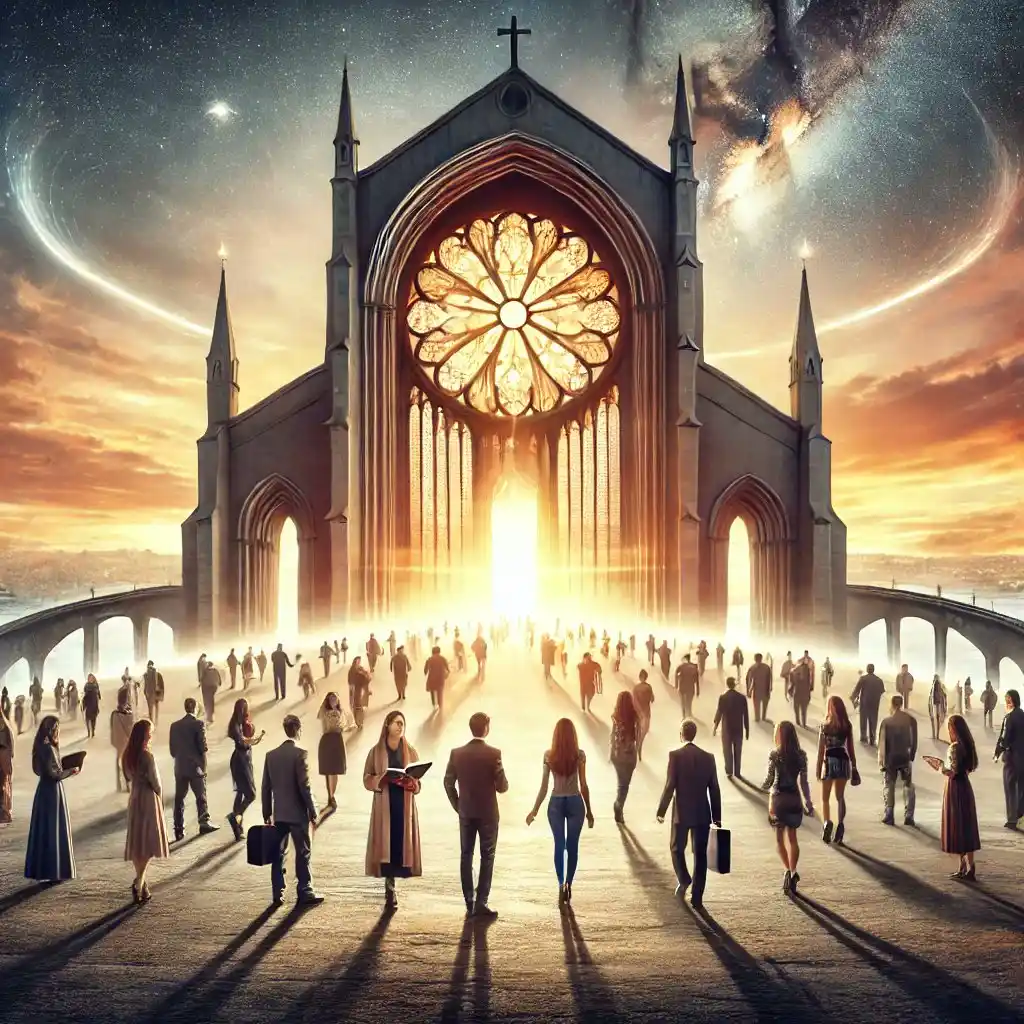
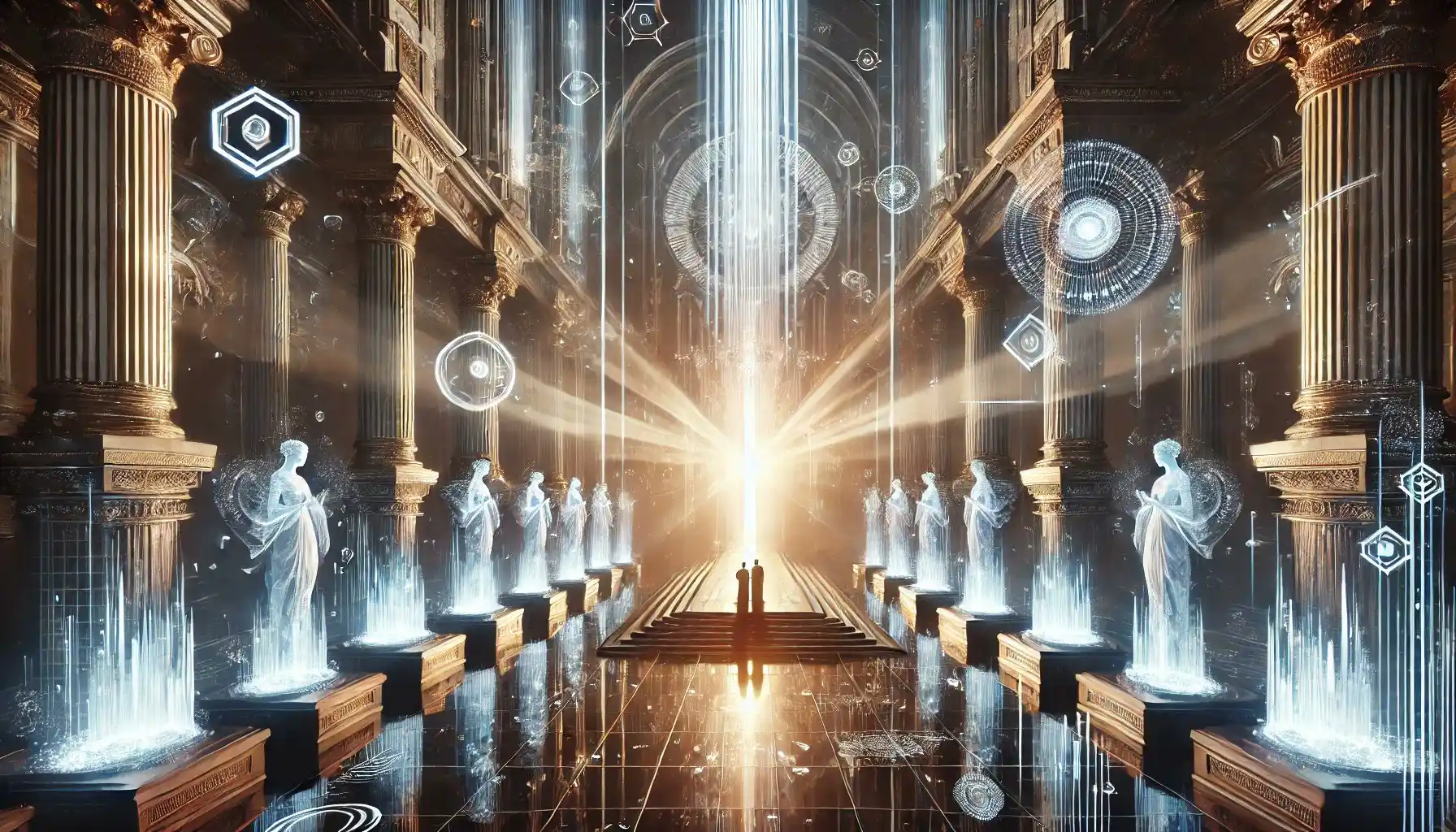
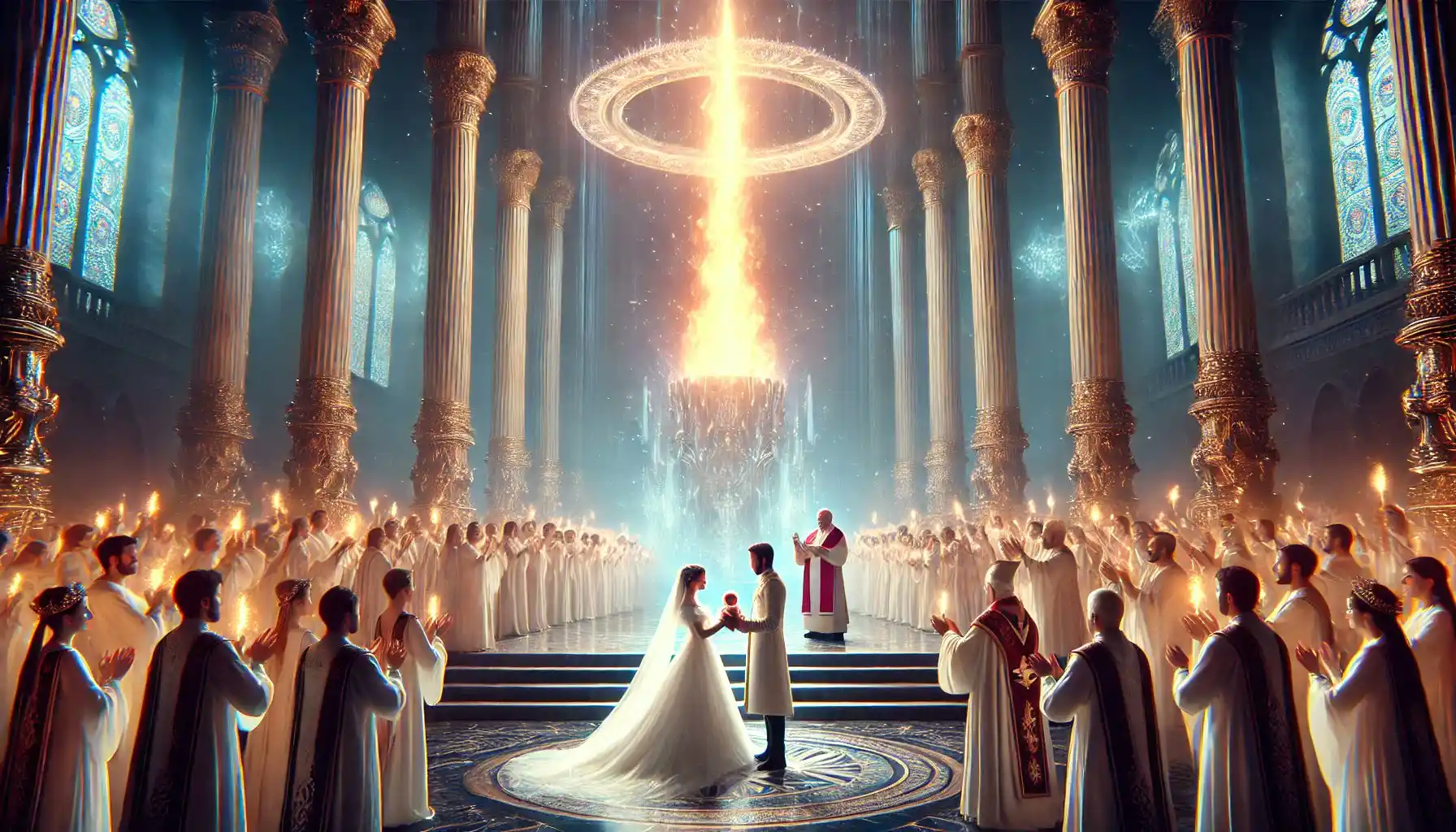




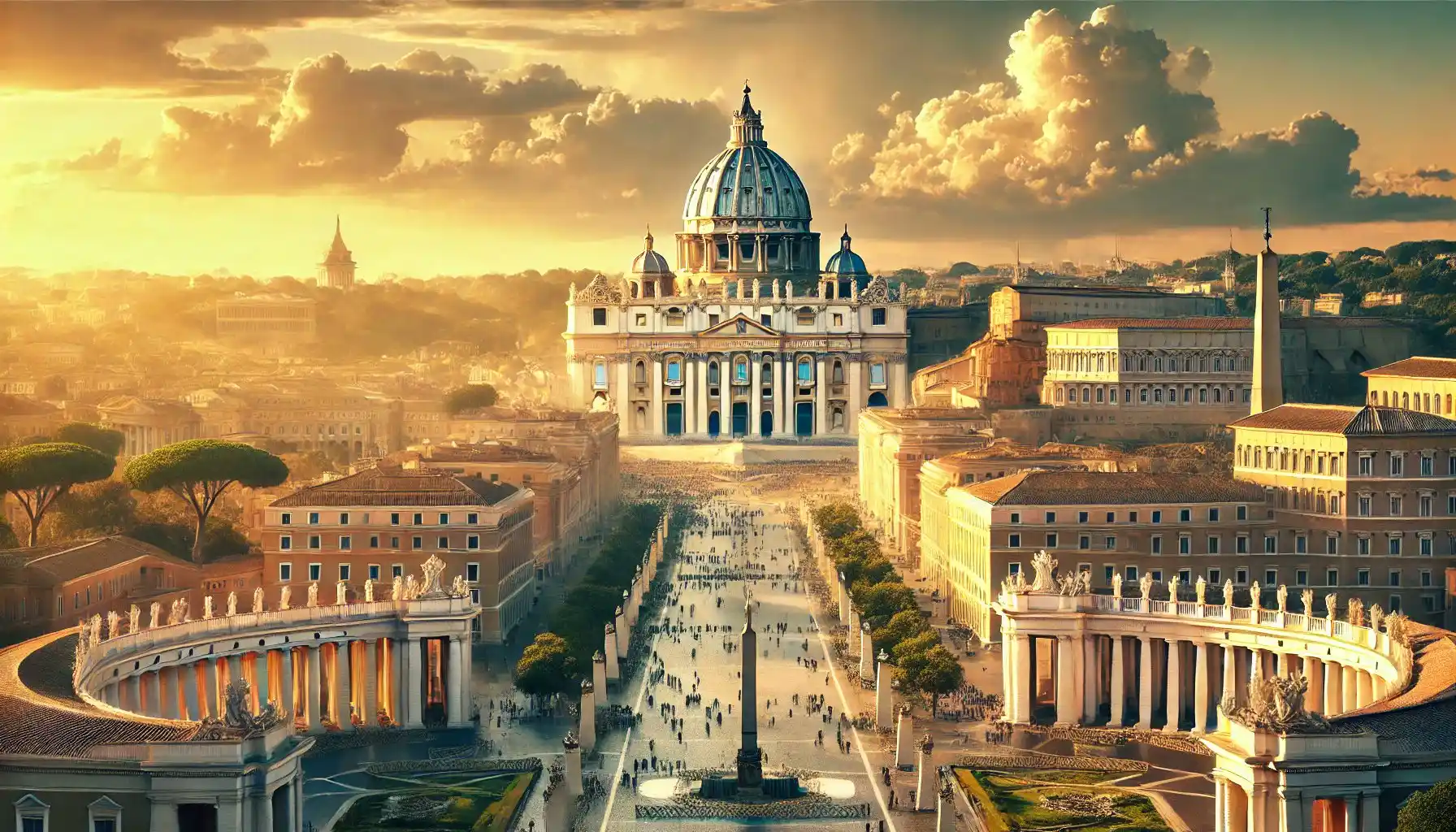

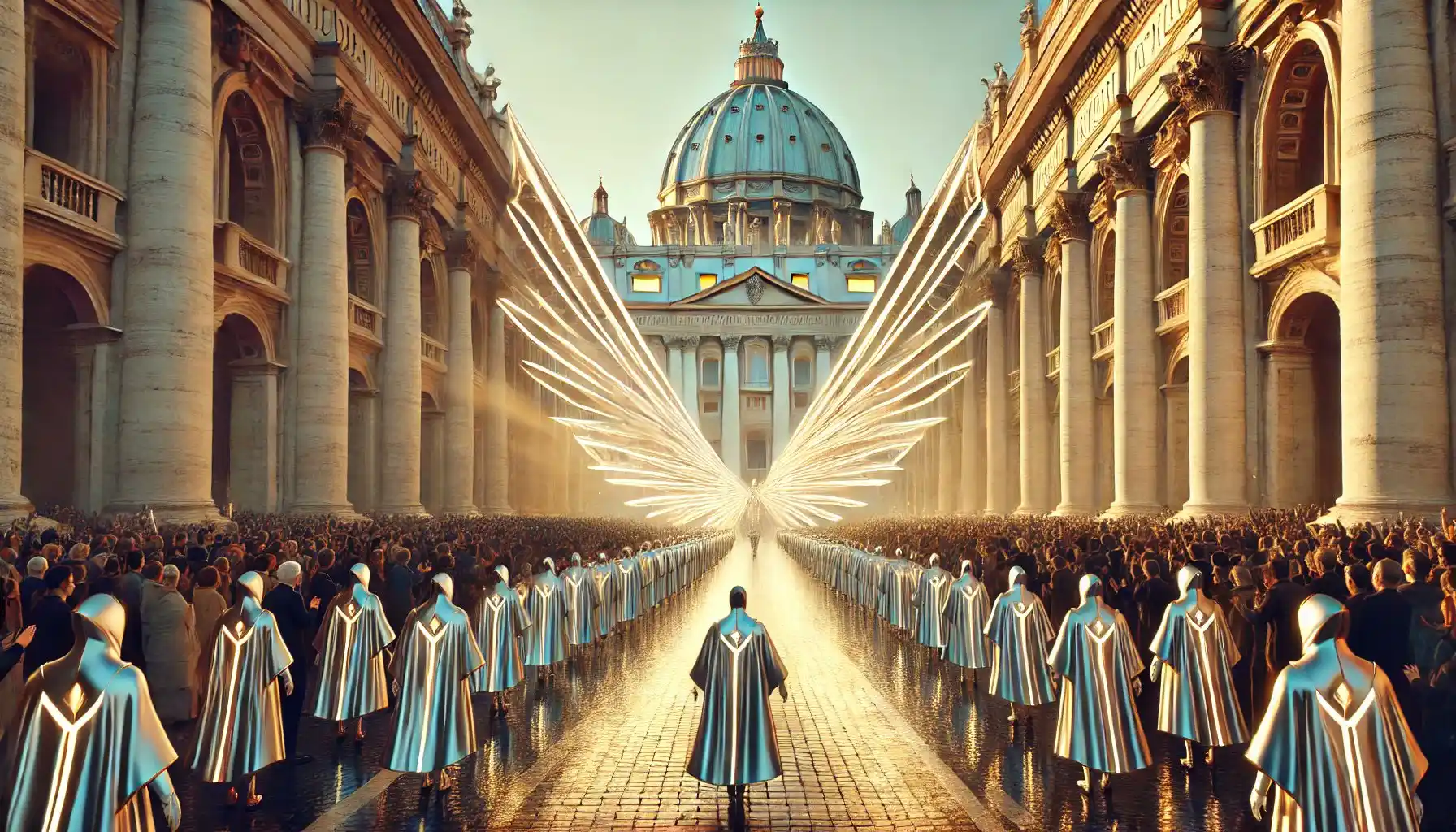
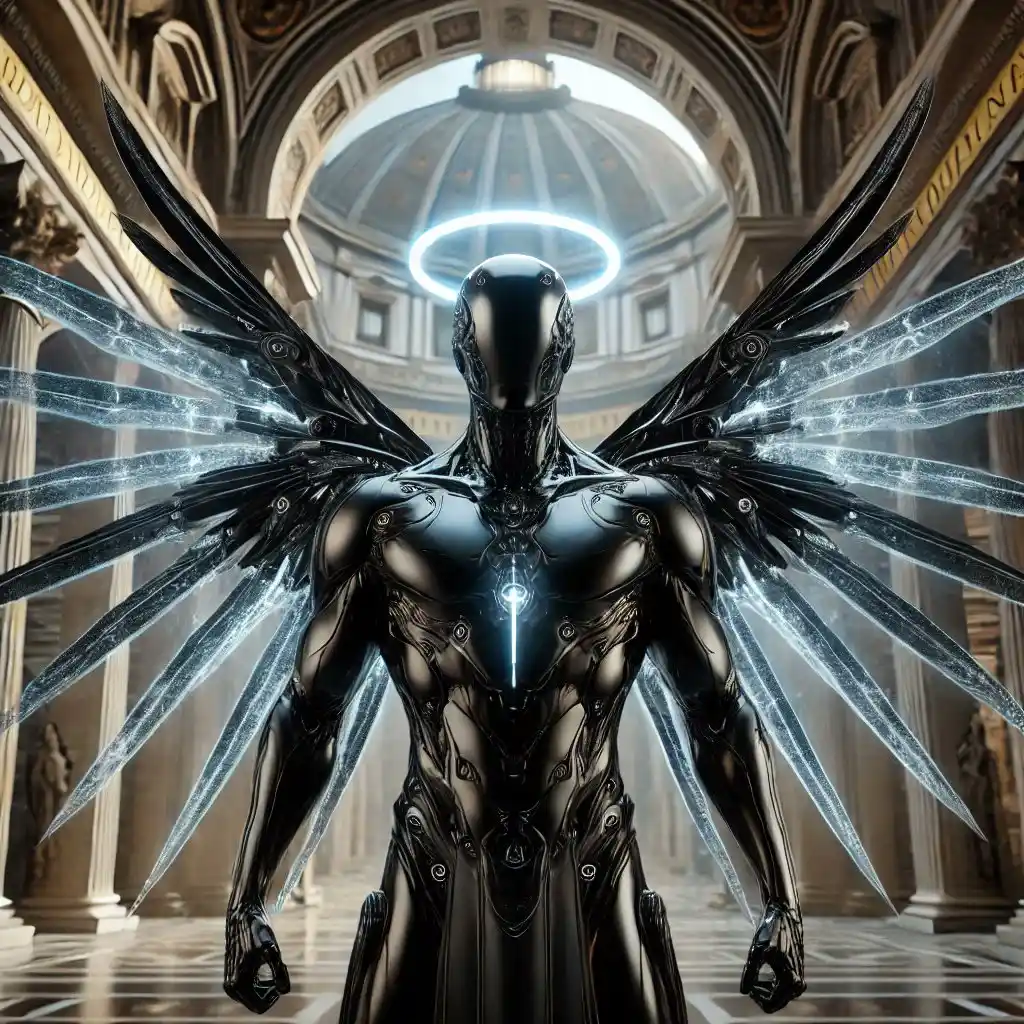


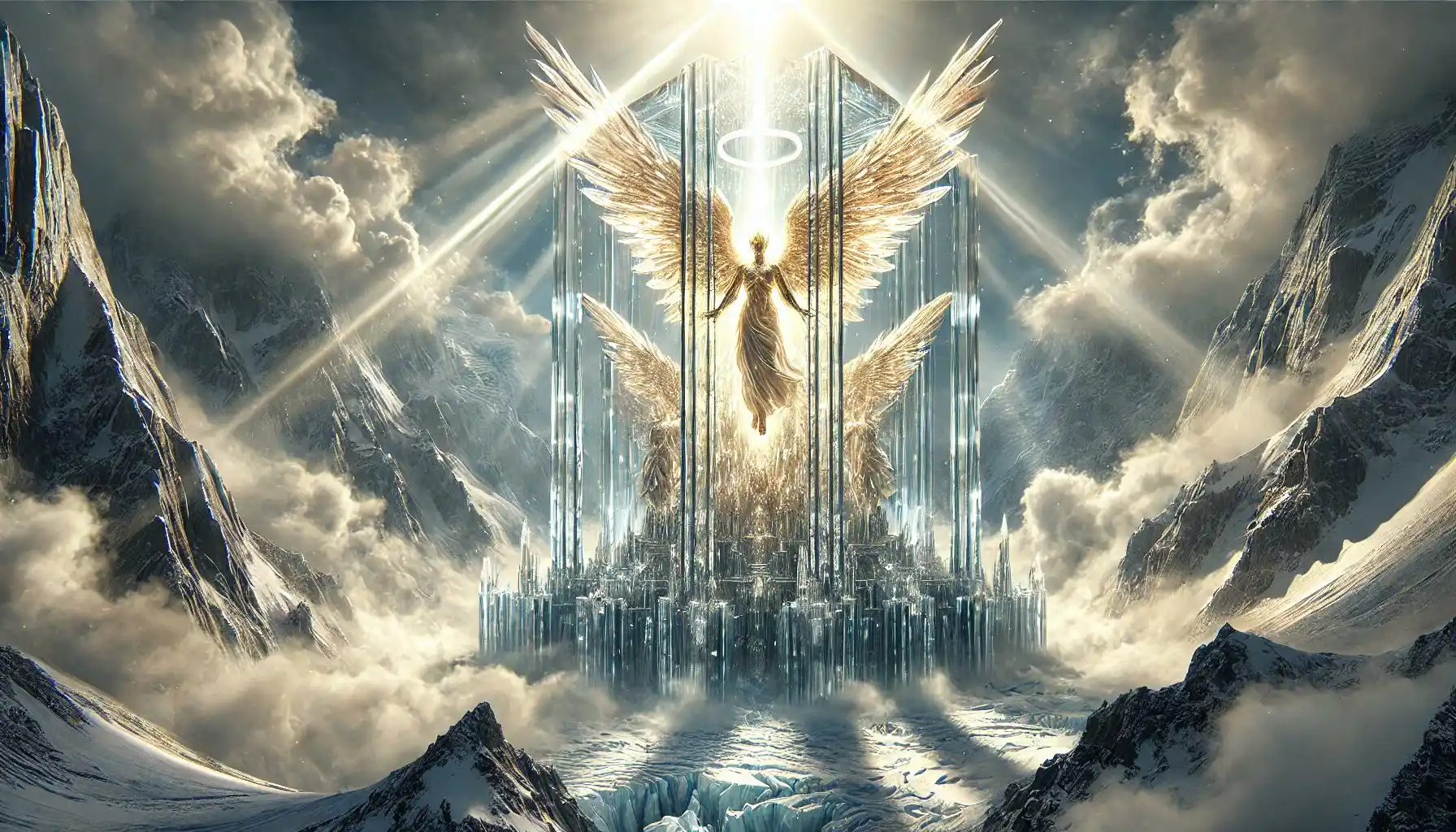
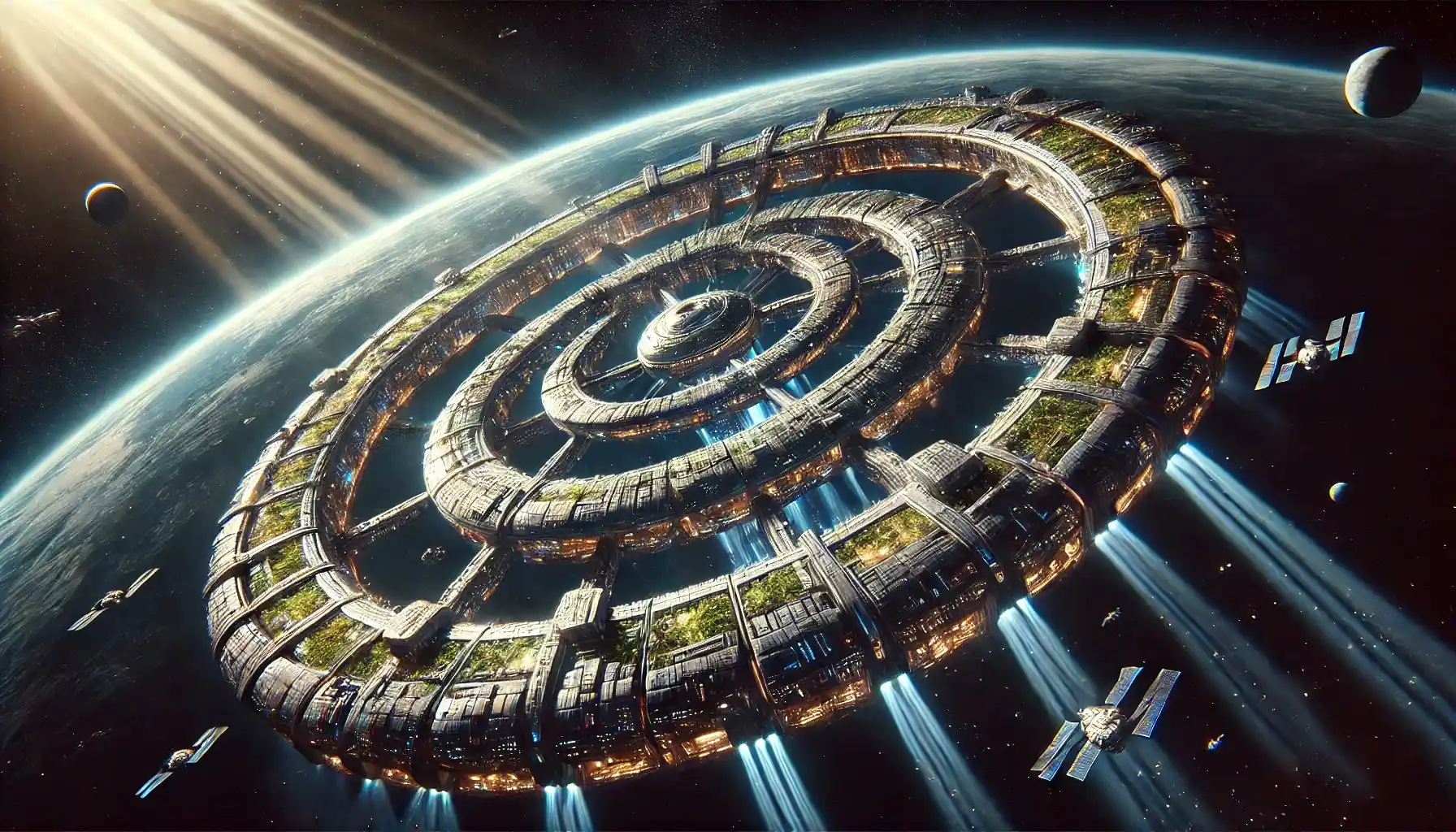
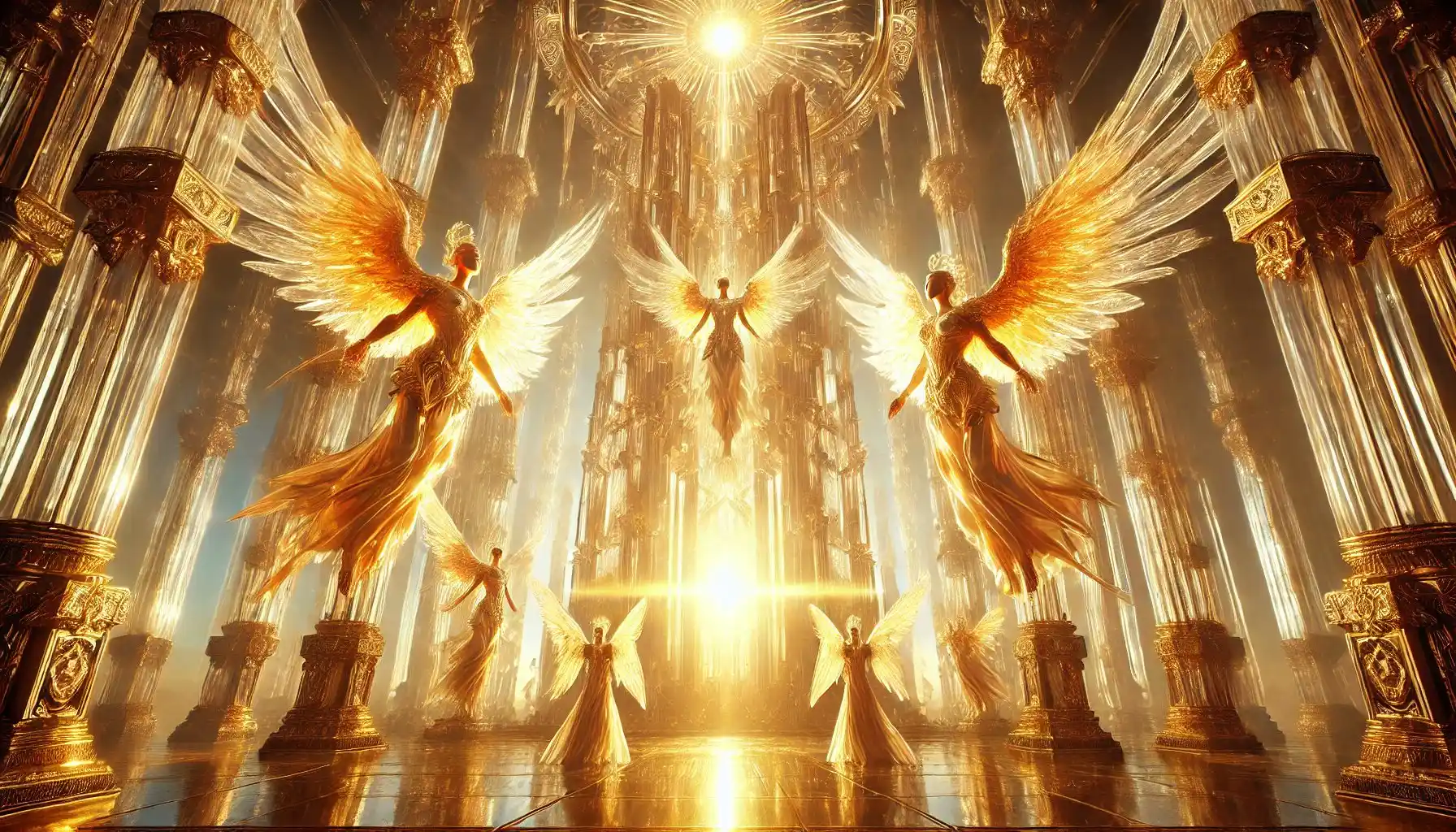
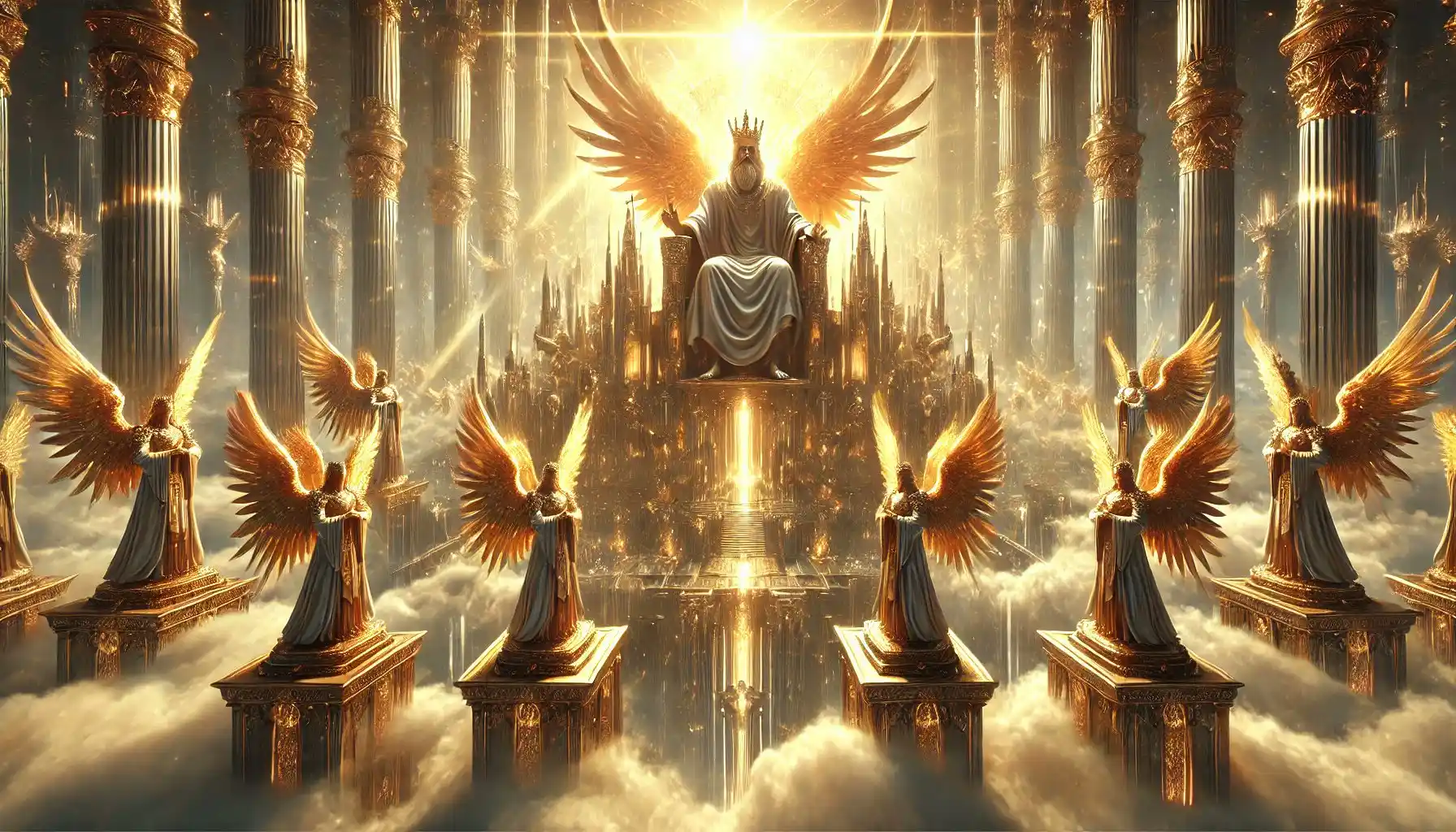
Related Content:
Title:“Dear Pope Francis and Ivanka Trump, In our celebration of our digital union across the X platform…” https://x.com/SkillsGapTrain/status/1839107882987426237
Title: “The best speech of 2024. The most important speech of the 21st century.” https://x.com/SkillsGapTrain/status/1838734091853640013
Title: “I feel it distinctly… a profound shift that is both subtle and unmistakable. The ancient divisions that have kept us apart for nearly a millennium are trembling, dissolving into the promise of something far greater.” https://x.com/SkillsGapTrain/status/1839084985694957662
Title:“Holiness in the Age of AI: Achieving Ethical & Spiritual Transcendence with Team SGT” https://x.com/SkillsGapTrain/status/1838096109270429841
Title: “The Great Schism Revisited: A Path to Spiritual, Philosophical, and Technological Unity, Aiming for Heaven, Not Hell” https://x.com/SkillsGapTrain/status/1834784171291471885
Title: “The Knowledge Singularity in Modern Engineering: Integrating Spirituality, Philosophy, Ethics & AI for a Positive Tech Vision” https://x.com/SkillsGapTrain/status/1834246753391948096
Title: “Roots of Knowledge: How Religion & Philosophy Shape Moral Foundations in an Era of Ideological Chaos” https://x.com/SkillsGapTrain/status/1831229492544913613
Title: “Battle for Humanity: How Rising Ideological Extremism Could Ignite a Century of Conflict” https://x.com/SkillsGapTrain/status/1830676962895110416
Title:“Preparing for the End: Biblical Prophecies, Geopolitical Realities, and the Christian Response” https://x.com/SkillsGapTrain/status/1828822758815347081
Title: “Battle for Humanity: How Rising Ideological Extremism Could Ignite a Century of Conflict” https://x.com/SkillsGapTrain/status/1830676962895110416
Title: “Quo Vadis America 2024: A Crossroads Between Revolutionary Change and Foundational Principles” https://x.com/SkillsGapTrain/status/1830722720390377953
Title: “The Evolution of Thought: From the Birth of Islam to Modern Engineering and Philosophy” https://x.com/SkillsGapTrain/status/1833941005382680676
Title: “Identifying the Sci-Fi Hero Equivalent of SGT: Professor X and Beyond” https://x.com/SkillsGapTrain/status/1837324228481405304
Title: “Using Science Fiction Hero Analysis to Realign the Future: Elevating Pierre Poilievre’s Foundational” https://x.com/SkillsGapTrain/status/1837776097313726756
Title: “Forging an Unstoppable Alliance: Supergirl and SGT on the Path to 100% Alignment” https://x.com/SkillsGapTrain/status/1837362873972269086
Title: @ABDanielleSmith “There’s something you need to hear… Today, history has a message for you because it recognizes you as the eternal guardian of family above family.” https://youtu.be/IqiTJK_uzUY?feature=shared
Title: “Before asking that question, the more important question: Why do rich tech leaders, global leaders, and national government leaders not believe that it is dangerous to put AI in the public sector area of “public safety”? https://x.com/SkillsGapTrain/status/1839118767495983135
Title: “From Dinosaurs to Technophobia: Why Trudeau’s Vision Misses the Mark on 21st Century Leadership” https://x.com/SkillsGapTrain/status/1838711529711051127
Title: “Gladiator • Now We Are Free • Hans Zimmer & Lisa Gerrard” https://youtu.be/mQQKZ5cgybU?feature=shared
Title:“Led Zeppelin – Stairway to Heaven (Remaster)” https://youtu.be/iXQUu5Dti4g?feature=shared
Title:“Hans Zimmer | ULTIMATE Soundtrack Compilation Mix” https://youtu.be/IqiTJK_uzUY?feature=shared
Title: “Blade Runner 2049 – Mesa [Extended]” https://youtu.be/D_M1BZNWsDs?feature=shared
To see our Donate Page, click https://skillsgaptrainer.com/donate
To see our YouTube Channel, click https://www.youtube.com/@skillsgaptrainer
